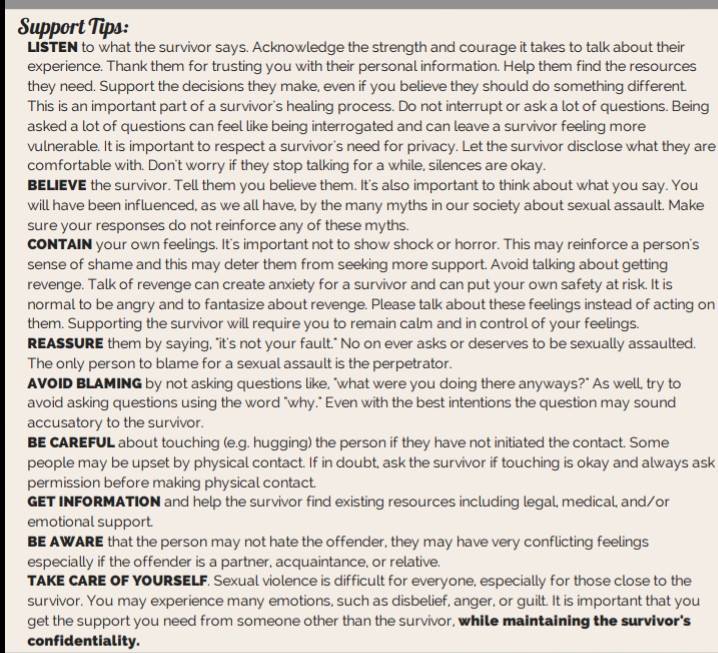Hey BritWres.
I love you, but it’s time for things to change.
I don’t have any words to express how I feel about those who’ve stood up and shared their experience of abuse with the rest of us – nobody is obligated to do that, and indeed you shouldn’t unless you feel able and you have support.
That’s what this post is about. Support, and what comes next. I’ve pulled together some resources below and categorised them: for those who experienced problematic behaviour/victims or survivors, for people supporting someone else, or affected indirectly.
BUT FIRST: If you aren’t clear on what sexual harassment is, read this. If you work in the wrestling industry, please make sure you are familiar with it. I implore you. Harassment is completely pervasive in this industry, and its fandom. Don’t be complicit.
And if you didn’t come here after listening to Scroobius Pip‘s Distraction Pieces podcast, then it’s definitely worth a listen: on iTunes, on Acast, and elsewhere.
Victims/survivors, or those reminded of trauma
A lot of online resources use really harsh language. Don’t worry if you don’t identify as a ‘victim’ or a ‘survivor’ or any number of other words you might see. Instead, focus on the descriptions and find the ones that most closely match your experiences.
Should I report my rape? A guide to help you understand reporting processes for sex crimes.
NHS guidance on rape and sexual assault – taking care of your health. Primarily a physical health guide, so please also consider your mental health. Find your nearest centre here.
If you’re a child, or concerned about a child, please go through the NSPCC. This resource deals specifically with grooming, but they’re also available on 0808 800 5000 (24 hours, every day).
Support and counselling for those affected by rape or sexual abuse can be accessed via rape crisis. And a different organisation, Victim Support, provide telephone based help for those affected now, or in the past. Use their supportline: 0808 168 9111
The work that the Survivor’s Trust do is focussed on learning to live with the experiences you’ve had.
To better understand how assault might have impacted your mental health, this article looks at what sexual assault is really about.
Domestic violence: you don’t have to have been in a long term, committed relationship to have experienced domestic violence. It can happen in a lot of different environments. Women dealing with domestic violence can access resources here. Men should look here. And this resource is for trans individuals.
If you identify as LGBT+, then Galop is an anti-violence charity which also offers support in situations like these.
And if someone has made you doubt your own perception of reality relating to any of this, take a look at this gaslighting article and see if it sounds familiar. If you think you’re being abused – you ARE.
For supporters, and those indirectly affected
Supporting people who’ve experienced this kind of abuse is hard. It’s ok to acknowledge that. It’s important to make sure you take care of your own wellbeing – you have to put on your own oxygen mask before you help others put on theirs.
Here’s a handy guide to the different ways you can offer support to friends and loved ones who might need it.

If you need more in-depth support, or are interested in learning more, this is a big resource focussing on how to listen to others in this situation.
What happens next?
Friends, I don’t know. I have to hope things improve. Wrestling schools need to become safe environments. Anyone working with children or vulnerable adults must be DBS checked. Women, minority groups, any other victims must be believed.
We need to do better. If you’ve any ideas about how, comment below, or find me on Twitter with my DMs open.
Suzy xo

1 thought on “Dealing with the fallout: how to make it through”